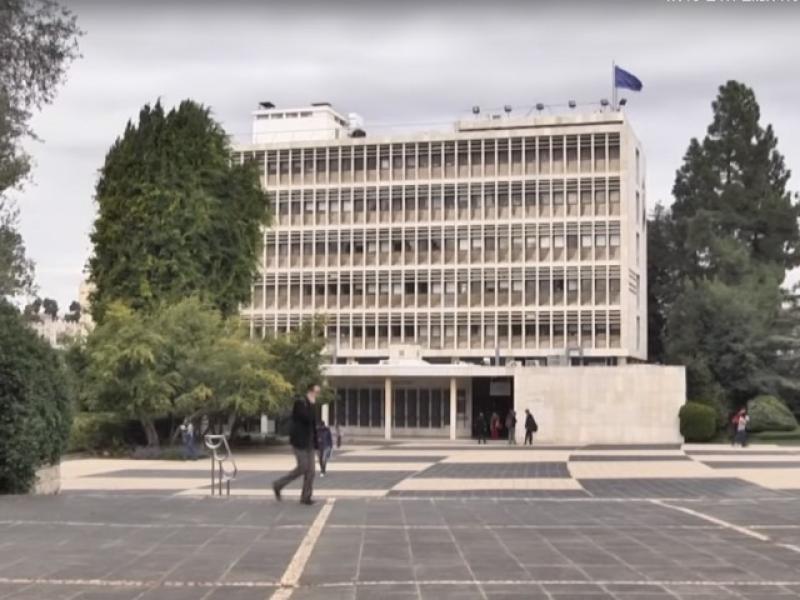
More than 313,000 students will open their academic year this morning at 61 higher education institutions. After many political and academic debates in recent years, the Faculty of Physicians at Ariel University will open for the first time today, although the Planning and Budgeting Committee of the Higher Education Council has not approved giving it a budget. 70 students will begin their studies at Ariel Medical School.
According to the National Student and Student Union Survey published before the start of the school year, 60% of students stated that they felt that academia was not preparing them best for the employment market. In the survey, 88% of students stated that the most important issue to be addressed is strengthening the connection between academic studies and the employment market.
Towards the opening of the academic year that opens today, the Central Bureau of Statistics (CBS) publishes data on higher education in Israel. After two years of decline in the number of students, the previous academic year saw a 3.4% increase in the number of undergraduates.
The most sought-after areas of study among undergraduates were social sciences (27.7%, including business and management sciences) and humanities (26.8%). The most common area for graduate students was social sciences (38.5% overall, including 22.9% studying business and management sciences) and humanities (31.1%). Among PhD students, about a quarter (26.1%) studied biological and agricultural sciences, and another quarter studied Humanities (including business and management sciences). The medical profession required in Israel is experiencing a decline in the number of undergraduate students (5.6%) as well as the legal profession (7.2%), which has been shocked in recent years in light of the Bar Association's attempts to make it difficult for entrance exams to reduce the number of lawyers. On the other hand, increases were recorded mainly in medical auxiliary professions (4.3%) as well as mathematics, statistics and computer science (7.8%). And uniform in all areas apart from slight increases in law and social sciences (0.4% and 0.6%, respectively) and especially in the humanities (4.5%).
Women continue to lead in all degrees and last year constituted 59.5% of all students. In the first degree they constituted 58.8%, in the second degree 62.6% and 53.2% in the third degree. At the same time, the percentage of Arab students has risen in all degrees over the past decade - in the bachelor's degree from 13.1% in 2009/10 to 18.1% in 2018/19. In the second degree - from 7.4% to 14.6% and in the third degree - from 5.2% to 7%, respectively. The total number of ultra-Orthodox students increased by 3.3% compared to the previous year, 3.6% among women and 2.6% among men. Most of the ultra-Orthodox students (84%) studied for a bachelor's degree and 15% for a master's degree. This year, for the first time, an international comparison of student numbers in selected fields of study in various degrees was published.
Articles Archive
Top Categories
ABOUT IFI TODAY

Lorem ipsum dolor sit amet, consectetur adipisicing elit, sed do eiusmod tempor incididunt ut labore et dolore magna aliqua. Ut enim ad minim veniam, quis nostrud exercitation ullamco laboris nisi ut aliquip ex ea commodo consequat. Duis aute irure dolor in reprehenderit in voluptate velit esse cillum


Comments